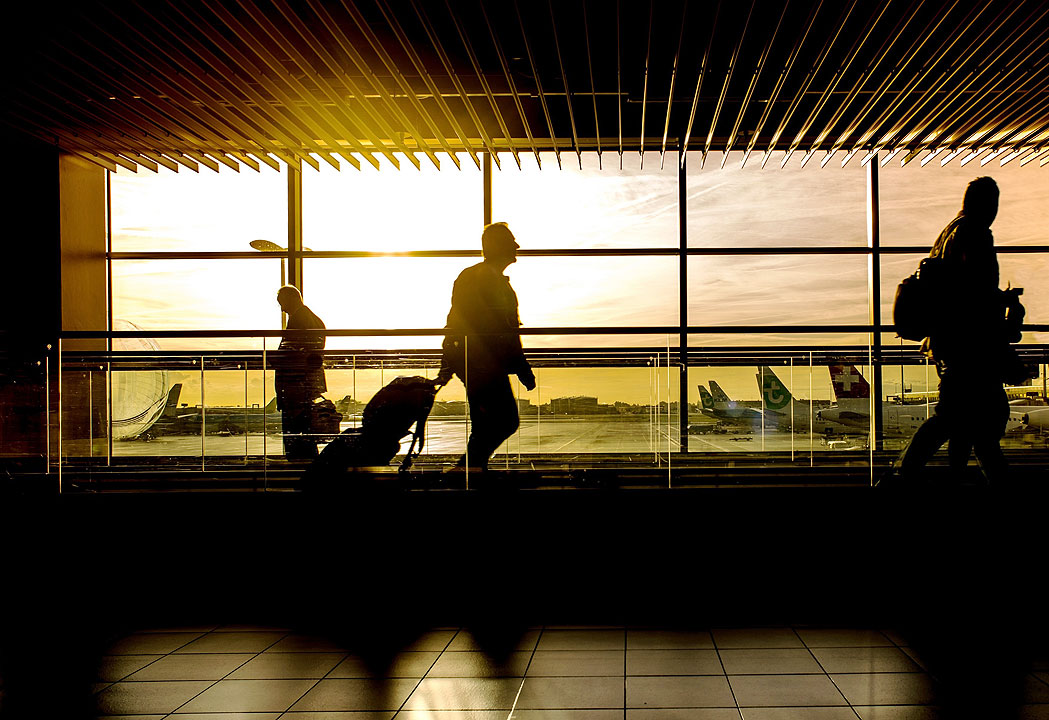Philippines in talks for sustainable aviation fuel plant

THE Department of Transportation said it is in talks with some groups to put up a sustainable aviation fuel (SAF) plant in the country. “We are encouraging the private sector because it is not the government that will put up the plant, it is the private sector. In fact we have some groups, encouraging them to get involved in the production of SAF,” Transportation Secretary Jaime J. Bautista told reporters on the sidelines of a forum last week.
Mr. Bautista did not identify the groups involved.
“There are many materials from the Philippines (used for SAF) and these are being exported to Singapore to use for SAF. Although we cannot identify these groups yet, we have discussions with them and they will look at it,” he said.
In March, President Ferdinand R. Marcos, Jr. said that the Philippines secured a commitment from Airbus, an aerospace company, to collaborate with the Transportation department on sourcing energy from landfills for biofuels and its eventual use in the aviation sector.
The Department of Energy said it is still working on the draft regulations governing SAF to help accelerate the adoption of green fuel.
SAF can help reduce emissions from air transportation, being made from nonpetroleum feedstock like agricultural waste and used vegetable oil.
The International Air Transport Association has estimated that SAF will contribute around 65% of the reduction in carbon emissions needed by the aviation sector to reach net zero by 2050.
In the Philippines, only Cebu Pacific currently operates SAF-powered flights. The budget airline has expressed its aspiration to integrate SAF across its network by 2030.
Meanwhile, flag carrier Philippine Airlines said it is working to secure a green fuel supply deal as it aims to operate SAF-powered flights to Singapore by 2026. — Ashley Erika O. Jose



